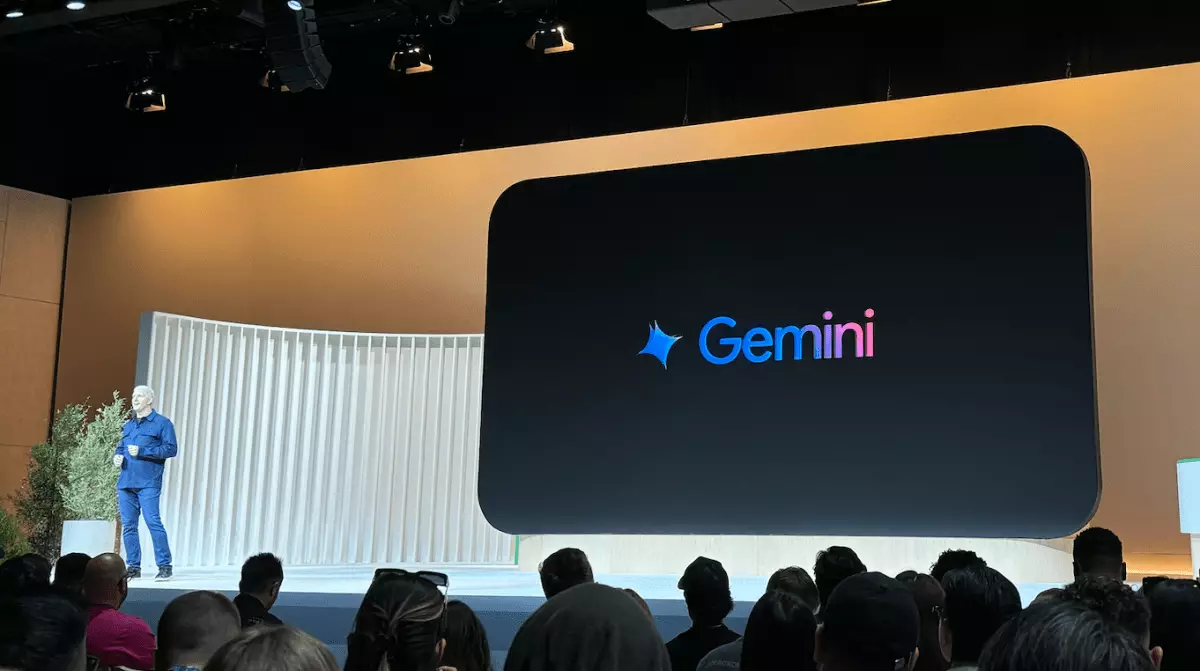In a significant move to enhance its AI capabilities, Google has announced the expansion of its Gemini in-depth research mode to accommodate an astonishing array of 40 languages. This feature, first introduced earlier this month, serves premium Google One AI users, allowing them to access a sophisticated AI-driven research assistant. The in-depth research functionality adopts a multifaceted approach, initiating with the formation of a comprehensive research plan and progressively seeking out pertinent information. Following this, the AI refines its findings through multiple iterations, ultimately culminating in a detailed report tailored to the user’s needs.
With the expansion of Gemini’s capabilities to diverse languages—including Arabic, Spanish, Chinese, and Hindi—Google is confronted with a formidable challenge: ensuring the reliability and accuracy of sourced information. Gathering trustworthy data in an array of native languages presents a significant hurdle, particularly in the realm of grammar and syntax. This task is paramount, as the intent is to distill and present information effectively without losing the essence of meaning. A recent conversation with HyunJeong Choe, a director of engineering for the Gemini app, highlighted the complexities of managing language-specific nuances when generating summaries.
Despite the robust training of the AI model utilizing clean and reliable data sources, Choe admitted that certain inaccuracies may arise when summarizing content in languages such as Hindi. This inconsistency reflects broader challenges associated with generative AI technologies. According to Choe, factual correctness is a well-recognized concern in the realm of AI assistance. The team is earnest in its mission to refine how the model interacts with information by focusing on data specificity and accuracy through iterative improvements and rigorous evaluations before deployment.
To bolster the effectiveness of its offerings, Google has instituted quality assurance protocols, spearheaded by Jules Walter, the product lead for international markets for the Gemini app. Walter underscored the importance of encouraging feedback from native speakers, asserting that local teams play a vital role in reviewing datasets to ensure the model’s accuracy and reliability. He emphasized the integration of testing programs designed to ascertain data quality from a native viewpoint.
In a noteworthy recent development, reports indicate that a contracting firm engaged in enhancing the Gemini app has been mandated to adhere strictly to guidelines that eschew skipping prompt responses, regardless of the contractors’ expertise. This indicates Google’s commitment to maintaining high-quality standards in AI interactions, reflecting a proactive approach to nurturing user trust and satisfaction.
Google’s endeavors with Gemini and its in-depth research capabilities signify a pivotal advancement in AI technology, particularly for users from different linguistic backgrounds. While challenges remain in ensuring the accuracy and grammatical integrity of the information produced, the measures being implemented suggest a forward-thinking strategy. As the project continues to evolve, it holds the potential to redefine how users interact with information across the globe, making research more accessible and efficient for a diverse audience.

